
Das kalte Herz
A man would like to live without the painful feelings in his heart; his lover wants to unite with his heart, while transcendental powers would also like to win it over.

A man would like to live without the painful feelings in his heart; his lover wants to unite with his heart, while transcendental powers would also like to win it over.
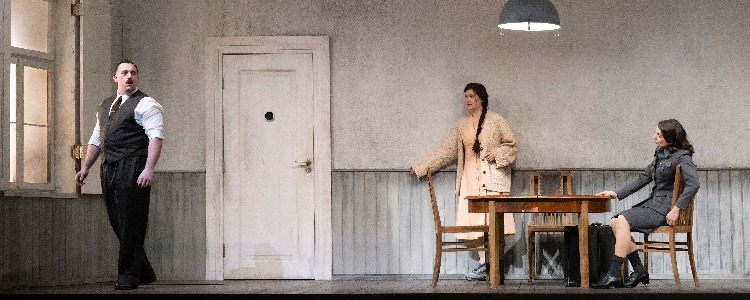
Vasily Barkhatov interprets the tragedy against the backdrop of a change in the political system. Norma gets caught up in the millstones of ideological upheavals in which old idols are replaced by new ones.
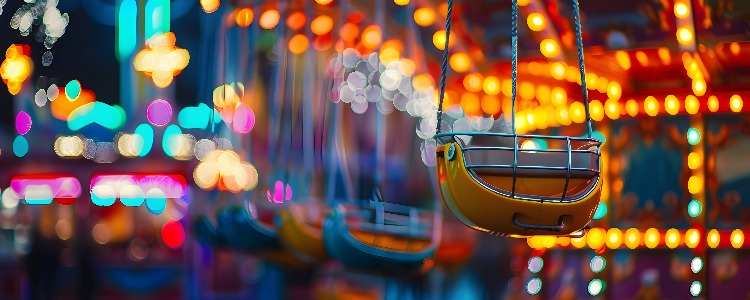
Here, Beckett’s predilections for the circus, amusement parks, and clownery resonate, as Johannes Erath foregrounds in his production.

In her production, director Mariame Clément focuses on the youth of the title characters and does not show them as an exaggerated ideal type of couple, but rather as young people of today who find each other against all odds.

This will be the first production at the Staatsoper Berlin by the renowned director of opera, theater, and film Emma Dante. Bertrand de Billy, widely acknowledged as a Verdi specialist, will conduct the impressive and powerful work.
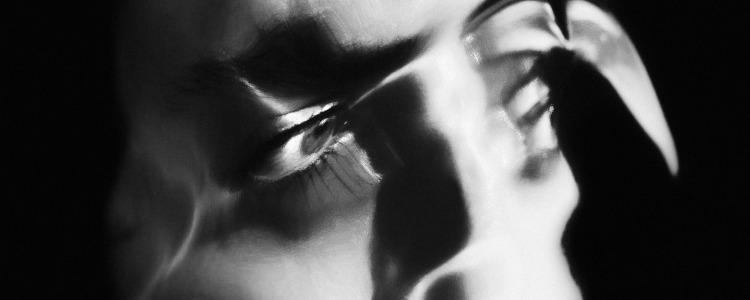
A world Premiere, based on the novel of the same name by the Hungarian writer László Krasznahorkai, published in 1989, which has captured the peculiar apocalyptic mood suggestively in words and in a great narrative flow.
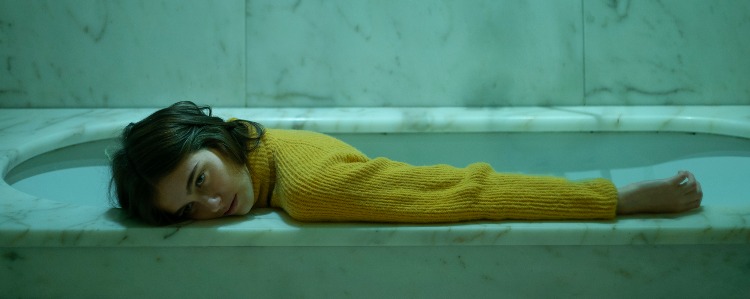
Kornél Mundruzcó, who recently staged the opera »Sleepless« by Peter Eötvös, which was awarded the Staatsoper »Premiere of the Year«, emphasises the relevance of the material today in his interpretation. The piece is a drama about a woman’s soul as well as a modern fairy tale that raises questions about identity and physicality.

Every character is sharply drawn, as is the drama itself, staged by Peter Sellars. A bridge is built from mythical times to the present, underlining once again the relevance and continuing impact of ancient Greek mythology in the present day.
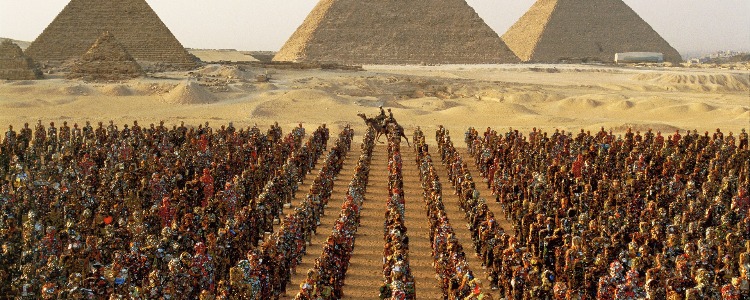
In his production of »Aida« director Calixto Bieito focuses on the Kammerspiel-like passages of the opera as well as the conflict between the political events surrounding the piece at the time it was produced and the present day.
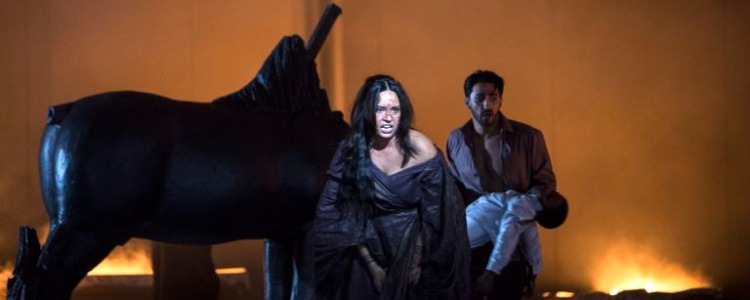
Medea, who comes from the periphery of the known world and is obviously a stranger in a civilized country, disturbs the peace and order and becomes a hateful, avenging angel bringing death and destruction.

A new staging is directed by Romeo Castellucci, whose works are marked by a powerful visual language in which music, light and visual arts blend.
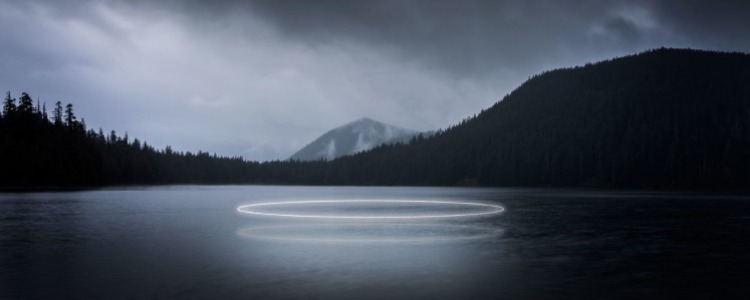
The concluding chapter of his monumental four-part opus. Inspired by Norse sagas and legends, Wagner gradually created the background stories so that the world of the gods merged with that of the people.